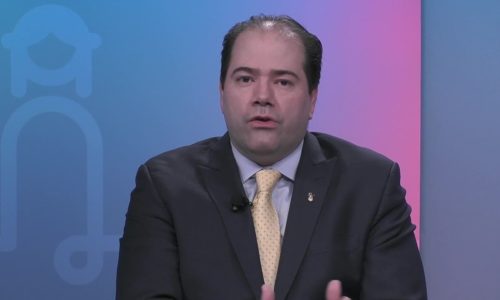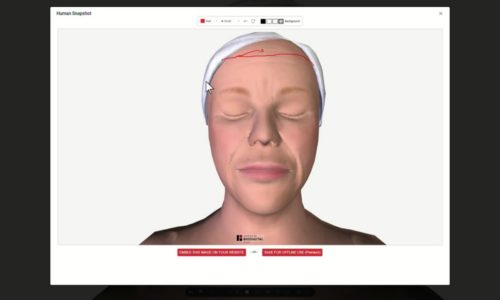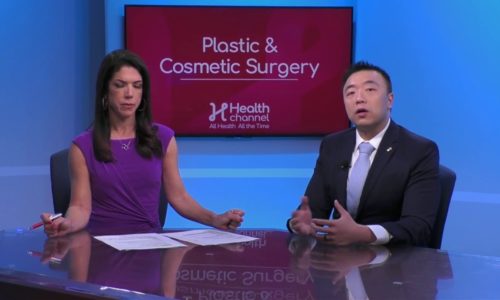Traumatic Injuries and Plastic Surgery |
Traumatic injuries are the most common causes for plastic surgery procedures. Dr. Joel Levin, Plastic Surgeon with Baptist Hospital of Miami, recalls the case of Jayne Mansfield and explains how he helped her with a face’s scars, as well as how he rebuilt a lower lip on a prisoner who lost it during a fight in jail.
Transcript
Is accidents the most prevalent doctor well today accidents are a big a big part of it a little bit of history the famous sexy movie actress from the fifties Jayne Mansfield hmm came into my
hospital in 1965 I was there and she had gone through the windshield of a car and was beheaded so the reason I mention it is because of that now that the safety glass was instituted we don’t see those huge disabling wounds now because of good science and good politics you know we made it a law that cars had to have safety glass in exactly but that gave us a different problem because
people then go through the windshield and they get multiple small cuts everywhere requiring but they’re not life-threatening like some of the ones we used to see exactly now we do have some of those examples that I want to show our viewers from traumatic injuries so let’s take the first one and maybe you could tell me what happened to here with this gentleman under the lip all right this is difficult because I have to brag it’s a good result this guy had no lower lip really no lower lip and it was from a fight in jail where another prisoner bit the entire lower lip off oh my goodness
so this is now about three months after the surgery and we used the cheeks and other local tissue to rebuild a lower lip and looks pretty good I think it looks fantastic very right to brag about it doctor the initial pictures are tough to watch you








